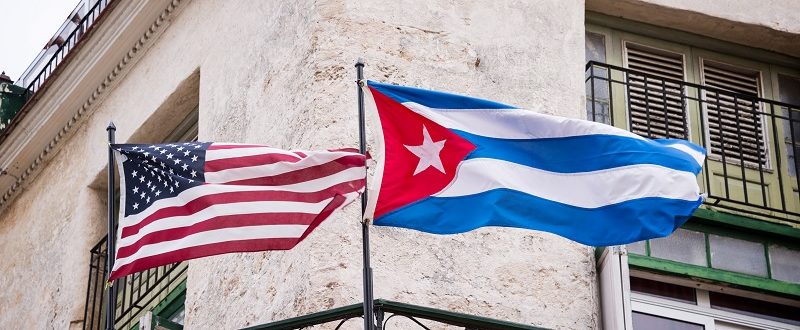Expansion by acquisition can be an extremely effective growth strategy. However, a recent Office of Foreign Assets Control (OFAC) announcement that it had assessed a $5.5M monetary penalty against a U.S.-based company’s German subsidiary—AppliChem GmbH (AppliChem)—for violating sanctions related to the Cuba Assets Controls Regulations (CACR) highlights one of the potential pitfalls for American companies looking for expansion opportunities abroad.
It also points to the importance of having a strong export, trade and OFAC program in place. For despite the nature of the violations made by the acquired division (and the lengths to which said division went to hide them), the actions taken by AppliChem’s parent company, Illinois Tool Works, Inc. (ITW)—both pre- and post-acquisition—is perhaps a text book page taken from the “What to do When You Discover an OFAC Violation” handbook.
Willful and flagrant violations
In 2012, ITW brought into its fold AppliChem, a German-based company specializing in chemical, biological, pharmaceutical and medical research, and production applications. During negotiations, ITW made it patently clear on more than one occasion that existing (not to mention future) contracts with any Cuban-based entities would have to come to an end upon finalization of the acquisition.
In “theory,” ITW believed it was complying with OFAC’s regulations with regards to Cuban sanctions by imparting the necessity of compliance with the CACR to their new acquisition. In “practice,” however, the former owners—who ITW kept on as managers—seemingly disregarded the direction of their new owners and not only completed existing orders post-acquisition, but developed an underground strategy to continue dealing with Cuban companies by way of an ambitious scheme dubbed the “Caribbean Procedures.”
The Caribbean Procedures—in which senior-level management conducted both “written and in-person training” on how to conceal it from ITW—replaced references to “Cuba” with “Caribbean,” and engaged a third-party logistics company to carry out any shipments. ITW’s Reagent Division, into which AppliChem was incorporated, relied upon assurances from the former-owners-now-managers that no shipments were destined for Cuba.
Years of violations ensue
304 orders between AppliChem and Cuban-based entities were fulfilled between May 2012 and February 2016, to the tune of $3.4M USD. This was after three warnings sent by ITW to the former owners to cease and desist when they became aware of the years that sales and shipments were still taking place.
In the end, it took a call made to ITW’s ethics hotline to trigger a full investigation which then uncovered the Caribbean Procedures, and the full extent of the CACR violations. Voluntarily self-disclosing to OFAC on behalf of their subsidiary was one of the mitigating factors that helped significantly lessen the monetary penalty; damages that could have ranged anywhere from $10M to $20M—a potentially large financial blow for a division that earned roughly $6M in annual sales ($23M total) throughout the time period in question.
Lessons to be learned
While there is much this OFAC violation case can teach us, including that people bent on flouting U.S. export, trade and OFAC regulations will go to great lengths to conceal their illicit activities, it demonstrates the necessity of added due diligence when bringing a new business wing or entity into the organization—and then continued controls and follow-up scrutiny after the fact.





